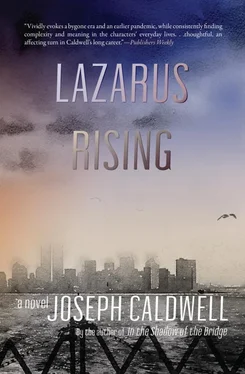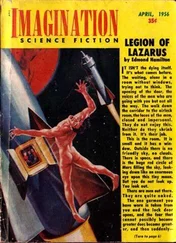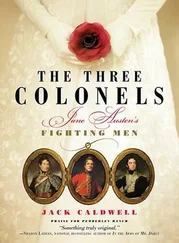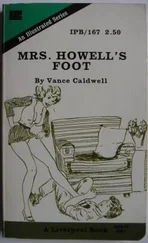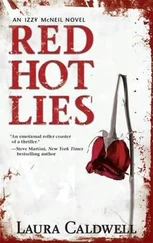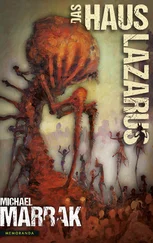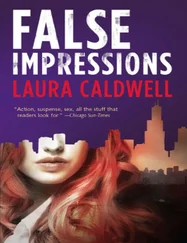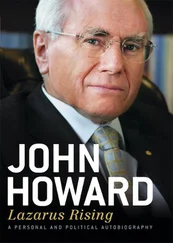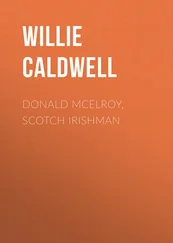“No. I mean, she said yes.’”
“Congratulations. Tell her she should come see me, the two of you. There should be some instruction even though—I mean, considering she’s sick and the time may be limited—”
The man who’d spit at him returned. “You a fireman?” he said, still more of an accusation than an observation. “You ought to be ashamed. The landlord sets fire and what you do? You go in and you drag him out. Setting fire to his own building to get us out. He’s supposed to burn. It was his fire. He made it. He made the fire. But no, you go in, and you come out. And you dragging a landlord all saved. The landlord. He supposed to be cinders. But you got to get youselves a landlord. Should be ashamed of youselves.”
“We rescue people,” Johnny said evenly. “That’s what we do. And we don’t ask questions.”
“Shame on you. You go rescue. Shame on you.” He lurched toward the men’s room, then decided to drink from the water fountain instead.
“Pay no attention,” the priest said. “And about the instructions—I mean, considering—”
Johnny put an elbow on either side of his tray and joined his fingers, making a shelter for his food. “She’s not sick,” he said.
“She’s not sick?”
“She’s not sick. Not anymore.”
“But I thought she had—”
“AIDS. But she doesn’t anymore.”
Father Dunphy put the fork full of tuna back onto his plate. “Anymore? But I thought—”
“She was supposed to die. But she’s not going to die.”
The priest looked at him. “Are you all right?”
“I’m all right. She’s all right. She’s cured.”
He picked up his fork. “She’s—But nobody’s ever been—”
“She’s cured. She doesn’t have it anymore. She doesn’t have AIDS.”
“But from what I understand—”
“This is something you don’t have to understand. Something you can’t understand. You just have to know it.”
“I see.”
“You think I’m nuts, don’t you?”
The priest, not without some determination, went on eating. “You could be.”
“I’m not.”
Father Dunphy looked down at his tray. “None of this has been easy for you—her being sick, you taking care of her, wanting to get married… It’s not difficult to see why you might—well—why you might—”
“Go crazy.”
“Or at least become a little peculiar.”
“I may be peculiar, but she’s still cured.”
“All right. She’s cured.”
“Believe me or don’t believe me. Talk to her doctor. She’ll tell you. The same as she told me. Here’s her name. The doctor. Here’s her phone number.” He put a folded scrap of paper next to the priest’s tray, as if it were a secret message being passed from one conspirator to another. “Nobody understands it. Nobody knows how it happened. But it did.”
“Maybe we should go next door, to the rectory, to my office, where there isn’t so much commotion.”
“Here’s okay. And besides, I already told you what I came to tell you.”
“Please. Let’s go to my office.”
Father Dunphy began to get up. Johnny reached across the table and put his hand on the priest’s arm. “Father, believe me. I’m not nuts. Sometimes I think I am. Sometimes I wish I were. But I’m not.”
The priest sat back down. “Her doctor—does the doctor believe…?”
“Call her. Talk to her. She’ll give you the facts.”
“Does she say how the—the cure—happened?”
“No. She says she doesn’t know. She says nobody knows. It just happened. And don’t say maybe Dempsey wasn’t sick to begin with. She was sick. She was going to die. But she’s not sick. And she’s not going to die.”
Looking at Johnny with something close to disbelief, Father Dunphy said, “Are you getting ready to tell me it was a miracle?”
“No. I’m not getting ready to say anything other than what I already told you.”
“But the idea of an inexplicable disappearance of the virus—”
Johnny held up his right hand. “The doctor herself refuses to make even a suggestion of anything in that direction.”
“As a doctor, she can’t say it, but there’s no reason why I can’t.”
“Then say it, Father.”
“It’s a miracle.”
Johnny turned his head away. Haltingly, he said, “If it is, I was the one who prayed for it. ‘Cure her!’ I was the one said it. Out loud. It’s what I prayed for the Sunday you gave me Communion—”
“Johnny—you actually believe it was your prayer—?”
“I try not to believe it, but there it is. And I don’t know what to do about it.”
“Do about it?”
“I only blurted it out. I blurted it out because a couple of times—and God forgive me for it—a couple of times I caught myself almost wanting—almost wanting her to die.”
“Oh?”
Johnny kept on. “If she died, she’d never leave me for someone else—the way she left me when we were first together. How could I—how could I even think it? But I did. And so I had to do it. I had to say it. I blurted it out, ‘Cure her! Cure Dempsey!’ I did it to tell myself I didn’t really want her to die. That, and only that.”
He paused then added, “I’ve said what I came to say. And now I’m going.” He stood up. “Forgive me, but I have to get out. Fast.”
“Is there anything I can do?”
“What can anybody do?”
“We can always pray.”
“I already did. And look what happened.”
Father Dunphy bowed his head.
A huge man wearing gray sweatpants and a dark green T-shirt with only one sleeve was standing at Johnny’s elbow.
In his hands he held a tray with the remains of his Tuna Terrific. “I knew you was going to eat. Coming in, coming down the line, you said you wasn’t going to eat, but now I see you. You eating more than anybody.” The man laughed. “Here,” he said. “Eat this.” He slapped a coffee-soaked piece of bread on Johnny’s tray and, cackling, went to the garbage can and threw in his tray, his plate, his cutlery and whatever food was left. His cackle rose in pitch, and the man managed to sustain it until he was beyond Johnny’s hearing.
Father Dunphy didn’t raise his head. Johnny took the tray to the garbage can, emptied what was left of the coffee and the soaked tuna, set the tray on the rack, and started toward the door.
The man who’d spit at him was near the entrance. He waited until Johnny got closer, then spit again, this time hitting Johnny’s shoe. Johnny looked down at the shoe, at the spit, then at the man. Slowly he nodded his head. “I don’t blame you, my friend. I don’t blame you at all.” As the man continued to glare, Johnny went out the door.
The burial shroud for The Raising of Lazaru s scratched, especially against Johnny’s neck and back. Dempsey had spent almost half an hour draping the winding sheet so it would look as if he was, at this moment, bursting out of it, resurrected. First Johnny had looked too much like a Roman senator about to give a speech, then an Egyptian mummy ineptly wrapped, next a failed exercise in Red Cross bandaging.
Johnny was a fairly patient model, his patience derived mostly from the pleasure he felt as Dempsey’s hands, like two small animals in pursuit of each other, fluttered and scrambled all over his body, across his chest, around his thighs, tugging, lifting, resting in the curves and angles, the crevices and hollows that would never become indifferent to her touch. Twice in her fussing she had come upon places of thrilled response that Johnny hadn’t known were there—despite their unending explorations of safe sex. And once she had hit on a reflex that, through some circuitry of nerve and vein, brought excitement to his shoulder blades. He had been reminded that a knee was capable of yearning and that a thighbone could have wants that would never be satisfied. Although, since the day of her cure, she did not like him to touch her; she was obviously now allowed to touch him, but only out of necessity. This was a painting desperate to be painted.
Читать дальше
